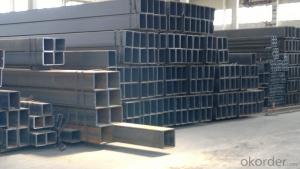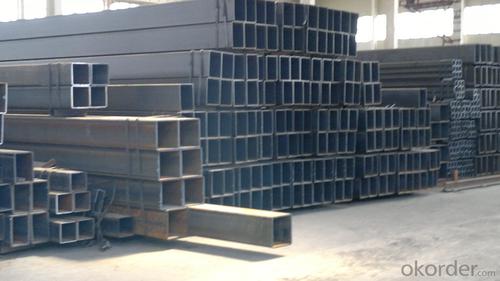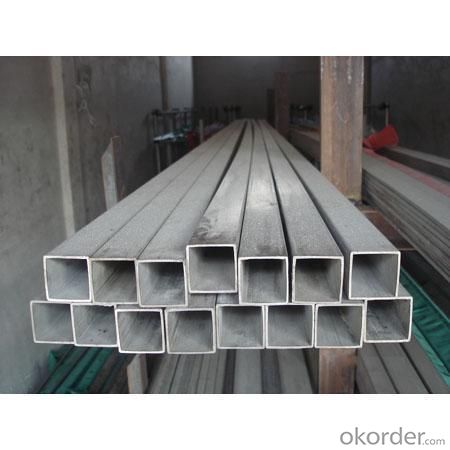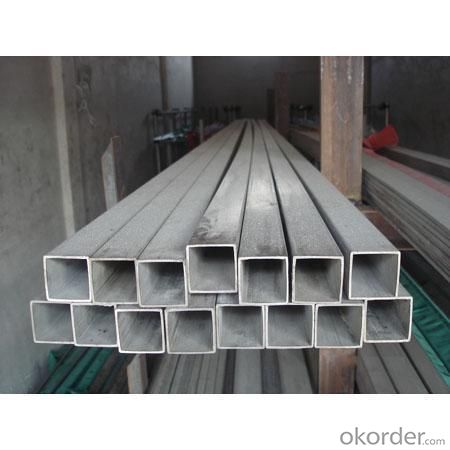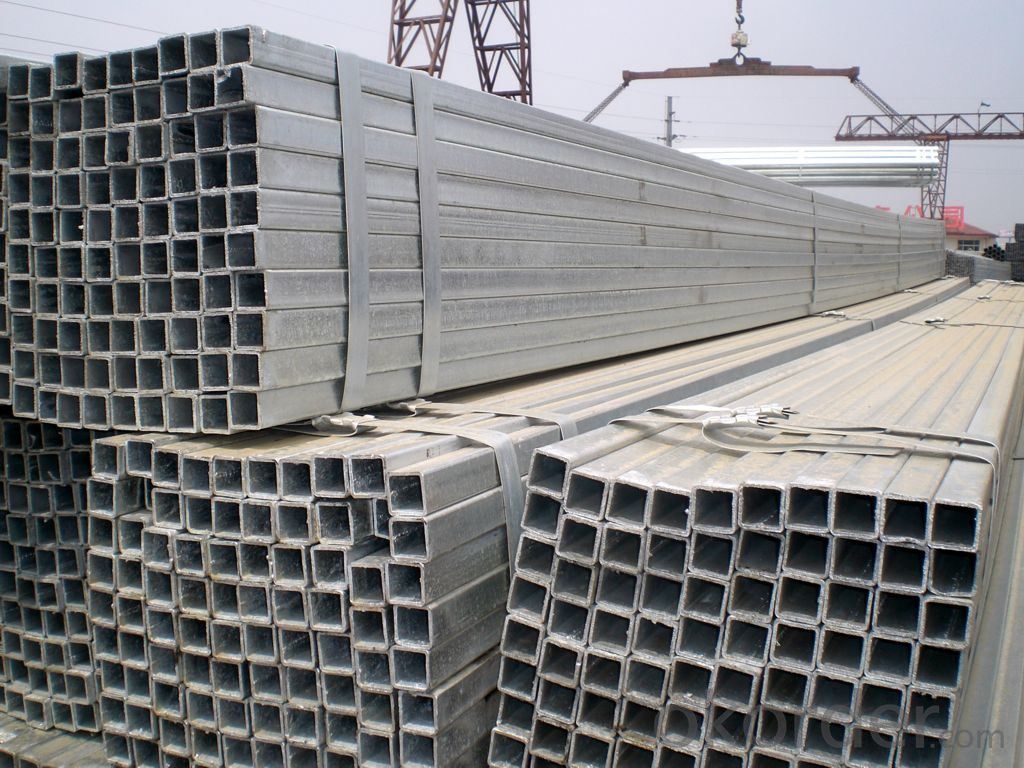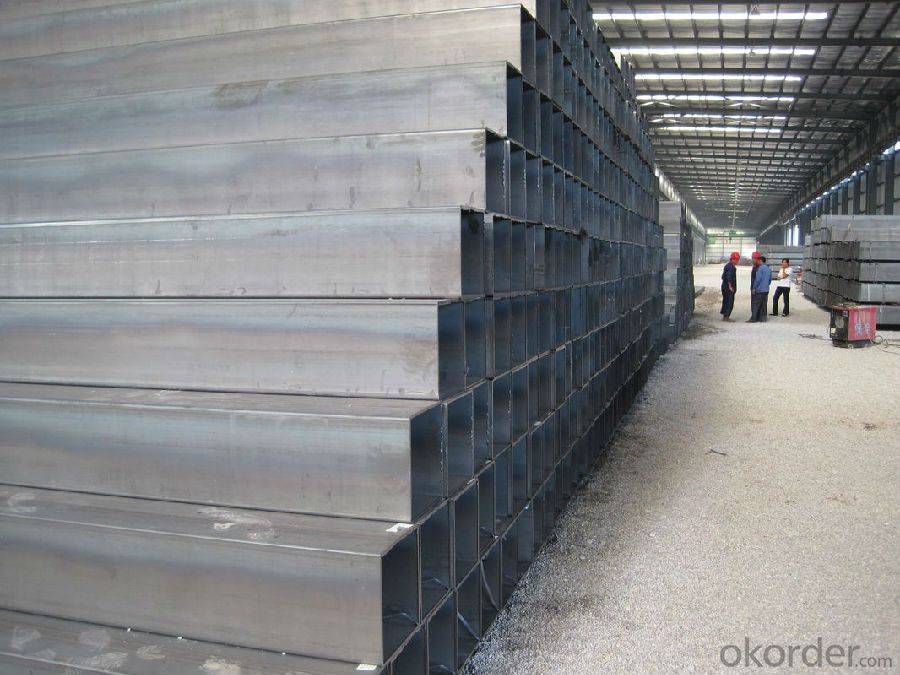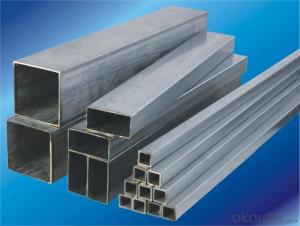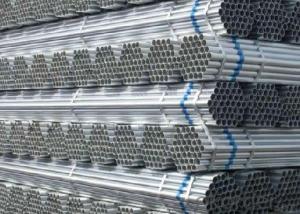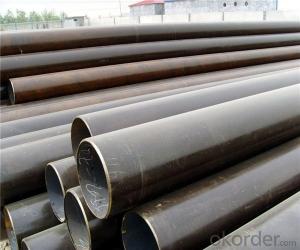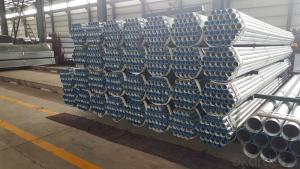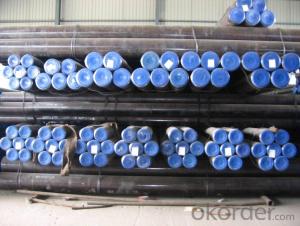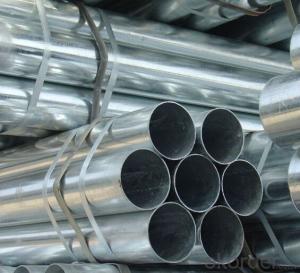D. Square Tube Specification:
Standard JIS, GB, DIN, ASTM
JIS G3445-2006, JIS G3444-2006, JIS G3446-2004, JIS G3441, GB/T 8163-1999, GB/T 8162-1999, DIN EN 10216-1-2004, DIN EN 10217-1-2005, DIN EN 10305, ASTM A106-2006, ASTM A53-2007, ASTM A789-2001, ANSI A213-2001, ASTM A179-1990Grade 10#-45#, Cr-Mo alloy, Mo, Q195-Q345, CrNi alloy
10#, 20#, 45#, 15CrMo, 12CrMo, 13CrMo44, 12CrMo195, 16Mo, 16mo3, Q235, Q345, Q195, Q215, Cr17Ni8, 1Cr13Mn9Ni1NThickness 1-50mm Outer Diameter 15*15---80*80 Technique Hot Rolled Certification API Surface Treatment Copper Coated Alloy Or Not Non-alloy
standard: ASTM JIS DIN GB
size: O.D: 10*10——50*50 mm
W.T: 1-50 mm
length: 6-12m or as request
packing: paint,bundles or for the clients’ needs
E. FAQ of Square Tube:
①How is the quality of your products?
Our products are manufactured strictly according to national and internaional standard, and we take a test
on every pipe before delivered out. If you want see our quality certifications and all kinds of testing report, please just ask us for it.
Guaranteed: If products’ quality don’t accord to discription as we give or the promise before you place order, we promise 100% refund.
②How about price?
Yes, we are factory and be able to give you lowest price below market one, and we have a policy that “ for saving time and absolutely honest business attitude, we quote as lowest as possible for any customer, and discount can be given according to quantity”,if you like bargain and factory price is not low enough as you think, just don’t waste your time.Please trust the quotation we would give you, it is professional one.
③Why should you chose us?
Chose happens because of quality, then price, We can give you both.Additionally, we can also offer professional products inquiry, products knowledge train(for agents), smooth goods delivery, exellent customer solution proposals.Our service formula: good quality+good price+good service=customer’s trust
SGS test is available, customer inspection before shipping is welcome, third party inspection is no problem.
Any question, pls feel free to contact us !
